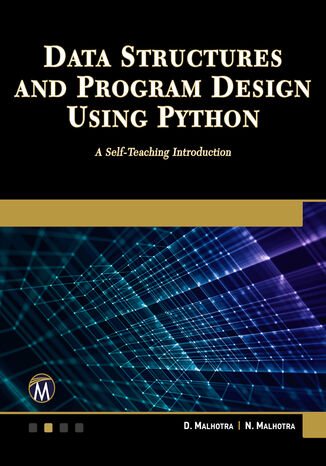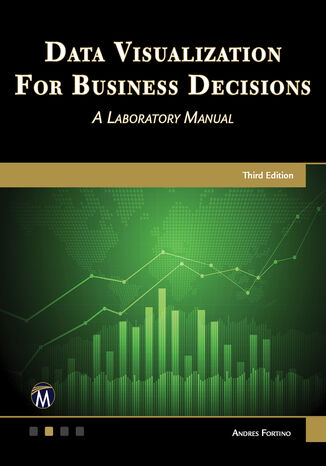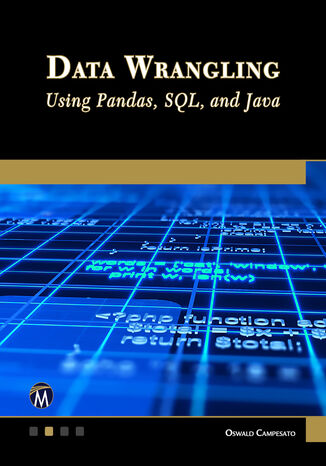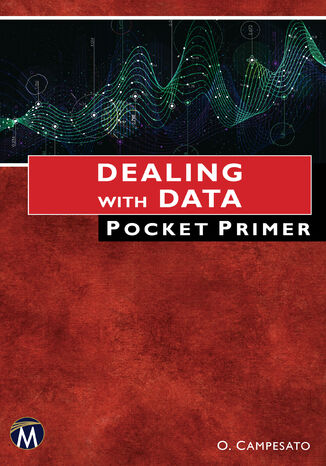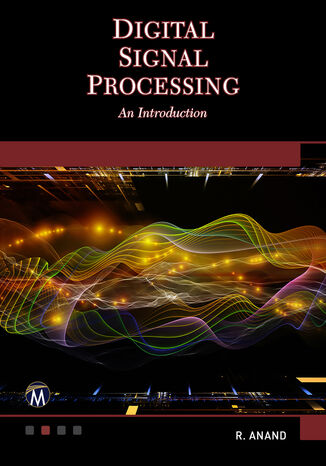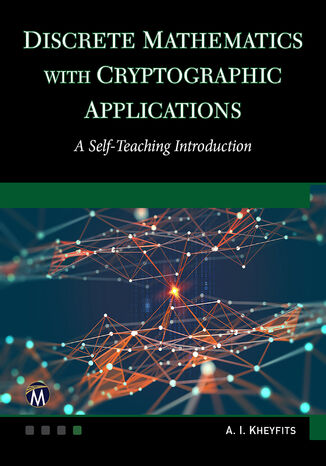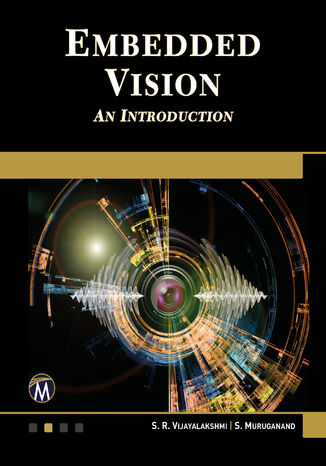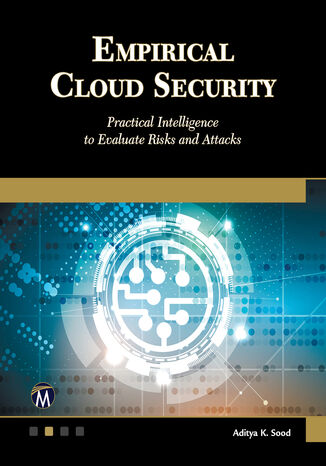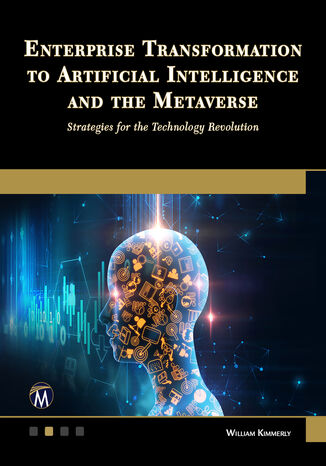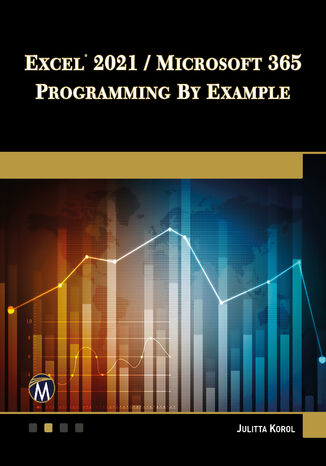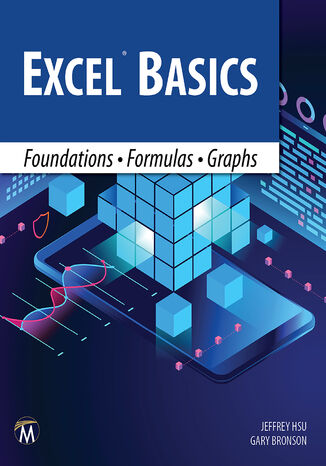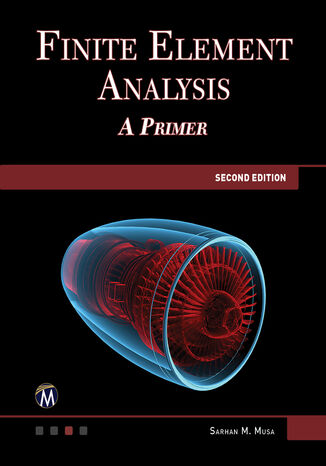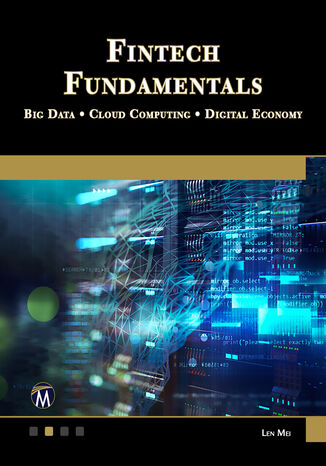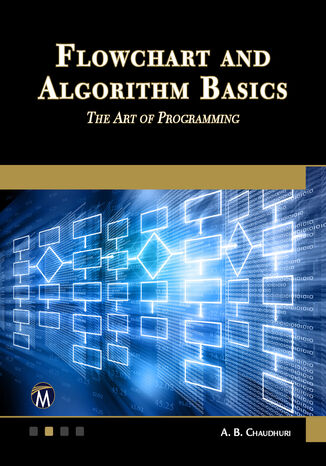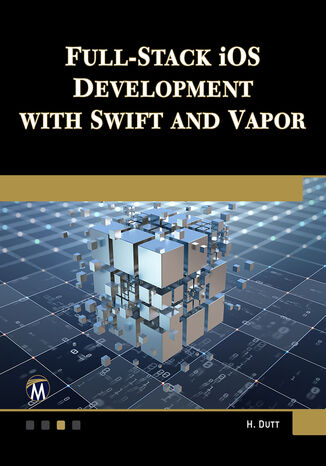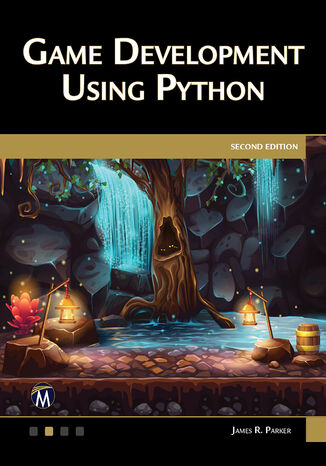Kategorien
-
- Bitcoin
- Geschäftsfrau
- Coaching
- Controlling
- E-Business
- Ökonomie
- Finanzen
- Börse und Investitionen
- Persönliche Kompetenzen
- Computer im Büro
- Kommunikation und Verhandlungen
- Kleines Unternehmen
- Marketing
- Motivation
- Multimedia-Training
- Immobilien
- Überzeugung und NLP
- Steuern
- Sozialpolitik
- Handbȕcher
- Präsentationen
- Führung
- Public Relation
- Berichte, Analysen
- Geheimnis
- Social Media
- Verkauf
- Start-up
- Ihre Karriere
- Management
- Projektmanagement
- Personal (HR)
-
- Architektura i wnętrza
- Sicherheit und Gesundheit am Arbeitsplatz
- Biznes i Ekonomia
- Haus und Garten
- E-Business
- Ekonomia i finanse
- Esoterik
- Finanzen
- Persönliche Finanzen
- Unternehmen
- Fotografie
- Informatik
- HR und Gehaltsabrechnung
- Frauen
- Computer, Excel
- Buchhaltung
- Kultur und Literatur
- Wissenschaftlich und akademisch
- Umweltschutz
- meinungsbildend
- Bildung
- Steuern
- Reisen
- Psychologie
- Religion
- Landwirtschaft
- Buch- und Pressemarkt
- Transport und Spedition
- Gesundheit und Schönheit
-
- Office-Programme
- Datenbank
- Bioinformatik
- IT Branche
- CAD/CAM
- Digital Lifestyle
- DTP
- Elektronik
- Digitale Fotografie
- Computergrafik
- Spiele
- Hacking
- Hardware
- IT w ekonomii
- Wissenschaftliche Pakete
- Schulbücher
- Computergrundlagen
- Programmierung
- Mobile-Programmierung
- Internet-Server
- Computernetzwerke
- Start-up
- Betriebssysteme
- Künstliche Inteligenz
- Technik für Kinder
- Webmaster
-
- Anthologien
- Ballade
- Biografien und Autobiografien
- Für Erwachsene
- Drama
- Tagebücher, Memoiren, Briefe
- Epos
- Essay
- Science Fiction
- Felietonys
- Fiktion
- Humor, Satire
- Andere
- Klassisch
- Krimi
- Sachbücher
- Belletristik
- Mity i legendy
- Nobelpreisträger
- Kurzgeschichten
- Gesellschaftlich
- Okultyzm i magia
- Erzählung
- Erinnerungen
- Reisen
- Gedicht
- Poesie
- Politik
- Populärwissenschaftlich
- Roman
- Historischer Roman
- Prosa
- Abenteuer
- Journalismus
- Reportage
- Romans i literatura obyczajowa
- Sensation
- Thriller, Horror
- Interviews und Erinnerungen
-
- Archäologie
- Bibliotekoznawstwo
- Filmwissenschaft
- Philologie
- Polnische Philologie
- Philosophie
- Finanse i bankowość
- Erdkunde
- Wirtschaft
- Handel. Weltwirtschaft
- Geschichte und Archäologie
- Kunst- und Architekturgeschichte
- Kulturwissenschaft
- Linguistik
- Literaturwissenschaft
- Logistik
- Mathematik
- Medizin
- Geisteswissenschaften
- Pädagogik
- Lehrmittel
- Populärwissenschaftlich
- Andere
- Psychologie
- Soziologie
- Theatrologie
- Teologie
- Theorien und Wirtschaftswissenschaften
- Transport i spedycja
- Sportunterricht
- Zarządzanie i marketing
-
- Sicherheit und Gesundheit am Arbeitsplatz
- Geschichte
- Verkehrsregeln. Führerschein
- Rechtswissenschaften
- Gesundheitswesen
- Allgemeines. Wissenskompendium
- akademische Bücher
- Andere
- Bau- und Wohnungsrecht
- Zivilrecht
- Finanzrecht
- Wirtschaftsrecht
- Wirtschafts- und Handelsrecht
- Strafrecht
- Strafrecht. Kriminelle Taten. Kriminologie
- Internationales Recht
- Internationales und ausländisches Recht
- Gesundheitsschutzgesetz
- Bildungsrecht
- Steuerrecht
- Arbeits- und Sozialversicherungsrecht
- Öffentliches, Verfassungs- und Verwaltungsrecht
- Familien- und Vormundschaftsrecht
- Agrarrecht
- Sozialrecht, Arbeitsrecht
- EU-Recht
- Industrie
- Agrar- und Umweltschutz
- Wörterbücher und Enzyklopädien
- Öffentliche Auftragsvergabe
- Management
-
- Afrika
- Alben
- Südamerika
- Mittel- und Nordamerika
- Australien, Neuseeland, Ozeanien
- Österreich
- Asien
- Balkan
- Naher Osten
- Bulgarien
- China
- Kroatien
- Tschechische Republik
- Dänemark
- Ägypten
- Estland
- Europa
- Frankreich
- Berge
- Griechenland
- Spanien
- Niederlande
- Island
- Litauen
- Lettland
- Mapy, Plany miast, Atlasy
- Miniführer
- Deutschland
- Norwegen
- Aktive Reisen
- Polen
- Portugal
- Andere
- Przewodniki po hotelach i restauracjach
- Russland
- Rumänien
- Slowakei
- Slowenien
- Schweiz
- Schweden
- Welt
- Türkei
- Ukraine
- Ungarn
- Großbritannien
- Italien
-
- Lebensphilosophien
- Kompetencje psychospołeczne
- zwischenmenschliche Kommunikation
- Mindfulness
- Allgemeines
- Überzeugung und NLP
- Akademische Psychologie
- Psychologie von Seele und Geist
- Arbeitspsychologie
- Relacje i związki
- Elternschafts- und Kinderpsychologie
- Problemlösung
- Intellektuelle Entwicklung
- Geheimnis
- Sexualität
- Verführung
- Aussehen ind Image
- Lebensphilosophien
-
- Bitcoin
- Geschäftsfrau
- Coaching
- Controlling
- E-Business
- Ökonomie
- Finanzen
- Börse und Investitionen
- Persönliche Kompetenzen
- Kommunikation und Verhandlungen
- Kleines Unternehmen
- Marketing
- Motivation
- Immobilien
- Überzeugung und NLP
- Steuern
- Sozialpolitik
- Handbȕcher
- Präsentationen
- Führung
- Public Relation
- Geheimnis
- Social Media
- Verkauf
- Start-up
- Ihre Karriere
- Management
- Projektmanagement
- Personal (HR)
-
- Anthologien
- Ballade
- Biografien und Autobiografien
- Für Erwachsene
- Drama
- Tagebücher, Memoiren, Briefe
- Epos
- Essay
- Science Fiction
- Felietonys
- Fiktion
- Humor, Satire
- Andere
- Klassisch
- Krimi
- Sachbücher
- Belletristik
- Mity i legendy
- Nobelpreisträger
- Kurzgeschichten
- Gesellschaftlich
- Okultyzm i magia
- Erzählung
- Erinnerungen
- Reisen
- Poesie
- Politik
- Populärwissenschaftlich
- Roman
- Historischer Roman
- Prosa
- Abenteuer
- Journalismus
- Reportage
- Romans i literatura obyczajowa
- Sensation
- Thriller, Horror
- Interviews und Erinnerungen
-
- Archäologie
- Philosophie
- Wirtschaft
- Handel. Weltwirtschaft
- Geschichte und Archäologie
- Kunst- und Architekturgeschichte
- Kulturwissenschaft
- Literaturwissenschaft
- Mathematik
- Medizin
- Geisteswissenschaften
- Pädagogik
- Lehrmittel
- Populärwissenschaftlich
- Andere
- Psychologie
- Soziologie
- Teologie
- Zarządzanie i marketing
-
- Lebensphilosophien
- zwischenmenschliche Kommunikation
- Mindfulness
- Allgemeines
- Überzeugung und NLP
- Akademische Psychologie
- Psychologie von Seele und Geist
- Arbeitspsychologie
- Relacje i związki
- Elternschafts- und Kinderpsychologie
- Problemlösung
- Intellektuelle Entwicklung
- Geheimnis
- Sexualität
- Verführung
- Aussehen ind Image
- Lebensphilosophien
Mercury Learning and Information, D. Malhotra, N. Malhotra
This book, part of the Pocket Primer series, introduces the basic concepts of data science using Python 3 and other applications. It offers a fast-paced introduction to data analytics, statistics, data visualization, linear algebra, and regular expressions. The book features numerous code samples using Python, NumPy, R, SQL, NoSQL, and Pandas. Companion files with source code and color figures are available.Understanding data science is crucial in today's data-driven world. This book provides a comprehensive introduction, covering key areas such as Python 3, data visualization, and statistical concepts. The practical code samples and hands-on approach make it ideal for beginners and those looking to enhance their skills.The journey begins with working with data, followed by an introduction to probability, statistics, and linear algebra. It then delves into Python, NumPy, Pandas, R, regular expressions, and SQL/NoSQL, concluding with data visualization techniques. This structured approach ensures a solid foundation in data science.
Data Visualization for Business Decisions. Transforming Data into Actionable Insights
Mercury Learning and Information, Andres Fortino
This workbook is for business analysts aiming to enhance their skills in creating data visuals, presentations, and report illustrations to support business decisions. It focuses on developing visualization and analytical skills through qualitative labs. Readers will analyze and describe chart improvements instead of directly modifying them. The course covers eighteen elements across six dimensions: Story, Signs, Purpose, Perception, Method, and Charts.The journey starts with labs and a case study, introducing the analysis tool. It then delves into each dimension, guiding readers through exercises to enhance their understanding and skills. A comprehensive RAIKS survey assesses progress before and after using the text. The workbook concludes with a capstone exercise to review and analyze the final results of the two studied charts.These skills are crucial for effective data communication in business. This workbook transitions readers from basic to advanced visualization techniques, blending theoretical insights with practical skills. Companion files with videos, sample files, and slides enhance learning, making this workbook an essential resource for mastering business data visualization.
Mercury Learning and Information, Oswald Campesato
This book is designed for aspiring data scientists and those involved in data cleaning. It covers features of NumPy and Pandas, along with creating databases and tables in MySQL. It also addresses various data wrangling tasks using Python scripts and awk-based shell scripts. Companion files with code are available from the publisher.Understanding data cleaning and manipulation is vital for data scientists. This book provides a comprehensive introduction to essential tools and techniques. From Python basics to advanced data wrangling, it equips readers with the skills needed to manage and clean data effectively.The journey begins with an introduction to Python and progresses through working with data, Pandas, and SQL. It also covers Java, JSON, XML, and specific data cleaning tasks. The book culminates with detailed data wrangling techniques, ensuring readers gain practical, hands-on experience in data management.
Dealing With Data Pocket Primer. A Comprehensive Guide to Data Handling Techniques
Mercury Learning and Information, Oswald Campesato
This book introduces the basic concepts of managing data using various computer languages and applications. It is designed as a fast-paced introduction to key features of data management, including statistical concepts, data-related techniques, Pandas, RDBMS, SQL, NLP topics, Matplotlib, and data visualization. The companion files with source code and color figures enhance the learning experience.Understanding these concepts is crucial for anyone looking to manage data effectively. The book covers the fundamentals of probability and statistics, working with data using Pandas, managing databases with SQL and MySQL, and cleaning data using NLP techniques. It also delves into data visualization, providing practical insights and numerous code samples.The journey begins with an introduction to probability and statistics, moving on to working with data and Pandas. It then covers RDBMS and SQL, focusing on practical SQL and MySQL usage. The book concludes with NLP, data cleaning, and visualization techniques, equipping readers with a comprehensive understanding of data management.
Mercury Learning and Information, R. Anand
This book covers the fundamental concepts of digital signal processing (DSP), introducing discrete-time signals, the z-transform, frequency analysis, discrete and fast Fourier transforms, digital filters, FIR, and statistical DSP. With applications ranging from engineering to telecommunications and medical imaging, this text focuses on representing signals with mathematical models and processing them using discrete-time systems.Understanding DSP is crucial for professionals in various fields as it allows for effective signal representation and manipulation. The book starts with an introduction to DSP and a review of discrete-time signals and systems, followed by a detailed exploration of the z-transform and frequency analysis using DTFT. It further delves into discrete Fourier transforms, fast Fourier transform algorithms, and the implementation of discrete-time systems.The journey continues with in-depth discussions on digital filters, including the design and analysis of infinite impulse response (IIR) and finite impulse response (FIR) filters. The book also covers statistical digital signal processing, multirate DSP, and applications in speech and radar. Through a variety of exercises and a comprehensive glossary, readers will gain a solid understanding of DSP fundamentals and applications.
Mercury Learning and Information, Alexander I. Kheyfits
This book offers a comprehensive guide to discrete mathematics and its applications to cryptography. It is designed for students and professionals in fields such as discrete mathematics and finite mathematics, with all necessary prerequisites clearly explained and illustrated. The text introduces key concepts in number theory, coding theory, and information theory, which are essential for understanding cryptography.Understanding discrete mathematics is crucial for anyone working in cryptography and related fields. The book begins with a survey of elementary functions and moves on to propositional algebra, set theory, and algebraic structures like groups, rings, and fields. It covers binary relations, combinatorics, and elements of number theory, which are fundamental to cryptographic methods.Readers will explore topics such as Boolean functions, hashing functions, cryptographic maps, combinatorial circuits, and graph theory. The book also delves into advanced areas like finite automata, game theory, and Turing machines. Through numerous examples, problems, and solutions, readers will gain a solid foundation in discrete mathematics and its cryptographic applications.
Embedded Vision. Mastering Advanced Techniques for Real-Time Image Processing and Analysis
Mercury Learning and Information, S. R. Vijayalakshmi, S. Muruganand
Embedded vision integrates computer vision into machines using algorithms to interpret images or videos. This book serves as an introductory guide for designing vision-enabled embedded products, with applications in AI, machine learning, industrial, medical, automotive, and more. It covers hardware architecture, software algorithms, applications, and advancements in cameras, processors, and sensors.The course begins with an overview of embedded vision, followed by industrial and medical vision applications. It then delves into video analytics, digital image processing, and camera-image sensors. Subsequent chapters cover embedded vision processors, computer vision, and AI integration. The final chapter presents real-time vision-based examples.Understanding these concepts is vital for developing advanced vision-enabled machines. This book takes readers from the basics to advanced topics, blending theoretical knowledge with practical applications. It is an essential resource for mastering embedded vision technology across various industries.
Empirical Cloud Security. A Guide To Practical Intelligence to Evaluate Risks and Attacks
Mercury Learning and Information, Aditya K. Sood
This book, updated to include the latest research and developments in cloud security, is essential for security professionals, DevOps engineers, penetration testers, cloud security engineers, and cloud software developers. It offers practical approaches to securing cloud infrastructure and applications against threats, attacks, and data breaches. The content is refined for better accessibility and engagement, providing a comprehensive guide to cloud security.The course starts with fundamental cloud security concepts and progresses to hands-on assessment techniques based on real-world case studies. It covers cloud architecture, IAM for authentication and authorization, network security, database and storage security, cryptography controls, secure code review, and monitoring and logging. The practical strategies for assessing security and privacy are crucial for building a robust cloud infrastructure.The journey concludes with advanced topics such as privacy in the cloud, identifying security flaws and attacks, and understanding the impact of malicious code. New case studies reveal how threat actors exploit cloud environments, offering preventative measures to enhance cloud security. This structured approach ensures a thorough understanding and practical application of cloud security principles.
Mercury Learning and Information, William Kimmerly
This book guides organizations in effectively responding to the metaverse, a rapidly converging collection of advanced technologies, methods, and models. The metaverse is poised to be as disruptive as the personal computer, Internet, and smartphone, impacting personal, social, professional, and business lives. The book covers essential metaverse technologies and concepts, helping organizational leaders plan their transformation strategies.The journey begins with an introduction and key definitions, followed by the evolution of IT governance and responses to disruptive technologies. It delves into AI, machine learning, blockchain, platforms, algorithms, edge computing, quantum computing, and immersive technologies like VR, AR, MR, and XR. Further chapters explore holographic technologies, deep tech, and other metaverse-related technologies, along with organizational structures and governance frameworks for the metaverse era.Understanding these concepts is crucial for navigating the metaverse transformation. The book concludes with a detailed hypothetical case study, illustrating how such a transformation can be achieved. This resource helps executives and professionals chart an effective course to the metaverse, blending theoretical insights with practical applications.
Excel 2021 / Microsoft 365 Programming By Example. A Comprehensive Guide to Mastering Excel VBA
Mercury Learning and Information, Julitta Korol
Updated for Excel 2021, this book is a practical guide for those proficient with the Excel user interface and looking to automate routine tasks. It introduces programming concepts through numerous hands-on exercises, progressing to advanced topics via custom projects. The journey begins with recording and editing macros, writing VBA code, and extends to programming the Ribbon interface and working with XML documents. The course covers automating operations on files, folders, and other Microsoft Office applications. It also delves into event procedures, testing, and debugging. Advanced features include working with VBA classes and raising custom events in standalone class modules. By mastering these skills, users can significantly enhance their productivity and efficiency in Excel.The book's structure, with 29 chapters and over 275 examples, ensures comprehensive learning. Companion files with source code, projects, and figures further support the user. This course is essential for anyone aiming to streamline their Excel tasks and harness the full power of Excel programming.
Excel Basics. Mastering Excel Foundation and Spreadsheets Efficiently through Formulas & Graphs
Mercury Learning and Information, Jeffrey Hsu, Gary Bronson
This book is designed for first-time or beginning Excel users, providing a comprehensive yet accessible introduction to mastering Microsoft Excel 2019 and previous versions. Starting with the basics, it guides readers through the foundational concepts and features of Excel, ensuring a solid understanding of this essential software. Key topics include an overview of Excel, formulas, functions, formatting, conditional features, graphs, charts, pivot tables, and using a spreadsheet as a database.The book is richly illustrated with screenshots, examples, applications, and exercises to reinforce learning. Suitable for professional reference, self-study, or instructor-led courses, it equips readers with the skills to enhance business and personal productivity. The content is structured to build from basic to advanced topics, making it a valuable resource for users at any stage of learning.With additional resources like tutorial videos, PowerPoint slides, sample syllabi, tests, and quizzes, this book ensures a thorough and engaging learning experience. By the end of the course, users will be proficient in Excel, capable of leveraging its full potential to streamline tasks and improve efficiency.
Finite Element Analysis. An Introductory Guide to FEM Techniques and Applications
Mercury Learning and Information, Sarhan M. Musa
This comprehensive guide explores the versatility and affordability of Finite Element Analysis (FEA) as a powerful tool for solving engineering problems. The book provides a practical introduction to FEA, covering applications in mechanical, civil, electrical engineering, and physics. It presents a balanced blend of theory and applications, catering to both beginners and those seeking to enhance their FEA skills.The journey begins with mathematical preliminaries and an introduction to the Finite Element Method. It progresses through various applications such as axially loaded members, trusses, beams, stress analysis, thermal analysis, fluid flow analysis, dynamic analysis, and engineering electromagnetics analysis. Each chapter includes comparisons of analytical methods, FEA hand calculations, and software-based solutions, helping readers understand the strengths and limitations of each approach.Understanding these concepts is crucial for effective problem-solving in engineering. This book transitions readers from fundamental principles to advanced engineering applications, blending theoretical knowledge with practical skills. Companion files with executable models and animations enhance the learning experience, making this guide an essential resource for mastering FEA techniques.
Fintech Fundamentals. Understanding Emerging Technologies and Their Impact on Modern Industries
Mercury Learning and Information, Len Mei
This book explores the digital technologies essential for building the new digital economy. It delves into concepts such as cloud and edge computing, 5G telecommunication, blockchain, big data, and AI, explaining how these technologies enable the digital economy. It also examines the impact of financial technology on both traditional and emerging industries, providing a comprehensive introduction for those interested in further research on these subjects.The course begins with an introduction to the digital economy, followed by detailed discussions on various foundational technologies. Topics such as cloud and edge computing, 5G, blockchain, and AI are covered, highlighting their roles in the digital economy. The book also addresses the transformation of financial services and the impact of fintech on various industries, offering a broad understanding of the current and future landscape.Designed for professionals and researchers, this book equips readers with the knowledge to understand and engage with the digital economy. It provides a solid foundation for further exploration, making it an essential resource for those looking to navigate and contribute to the evolving digital world.
Mercury Learning and Information, A. B. Chaudhuri
This book equips readers with efficient, well-structured program logics using flowcharts and algorithms. Flowcharting helps create sequences of steps to solve problems through arithmetic and logical manipulations, essential for instructing computers. Applied examples from various subjects encourage readers to grasp the logic leading to solid programming basics.The course begins with an introduction to programming, moving on to problems involving selection, looping, and arrays. It concludes with the art of file processing. Each chapter builds on the previous one, ensuring a comprehensive understanding of programming logic and flowcharting techniques.Understanding these concepts is crucial for developing effective computer instructions. This book transitions readers from basic to advanced problem-solving skills, combining theoretical knowledge with practical examples. It is an essential resource for mastering programming logic and flowcharting.
Mercury Learning and Information, Hem Dutt
This is a comprehensive guide designed to equip developers with the skills to seamlessly integrate back-end and front-end technologies using Swift and Vapor. The book starts with an overview of full-stack development, including the history and advantages of this approach, before diving into the essential tools and environments needed to get started. Readers will learn how to set up Xcode and the Vapor toolbox, create routes, and implement MVC patterns in Vapor, as well as work with JSON data.The book then covers advanced topics such as asynchronous programming, HTML rendering, PostgreSQL integration, and error handling within Vapor. Simultaneously, it guides readers through building sophisticated iOS user interfaces using Auto Layout, SwiftUI, and Core Data for data persistence. The content culminates in a full-stack implementation that brings together server-side logic and a connected iOS application, followed by discussions on advanced topics like middleware, WebSockets, and security.Finally, the book provides in-depth instructions on deploying iOS and Vapor applications using Heroku, Docker, and the App Store. Throughout, real-world projects and exercises reinforce learning, making this an indispensable resource for mastering full-stack iOS development.
Game Development Using Python. Mastering Interactive Game Creation and Development through Python
Mercury Learning and Information, James R. Parker
This book guides you through the basic game development process using Python, covering essential topics such as graphics, sound, artificial intelligence, animation, and game engines. Real games are created as you progress through the text, and significant parts of a game engine are built and made available for download. New chapters on card games and a side-scroller are included. The companion files contain all the resources described in the book, including example code, game assets, video/sound editing software, and color figures.The course begins with an introduction to how games work, followed by in-depth chapters on graphics and images, the game loop, and game AI, specifically focusing on collision detection. It then moves on to navigation, control, and sound, guiding you through creating a jet boat race game. Advanced topics such as animation, networking, and platformers are covered, providing a comprehensive understanding of game development.Designed for both beginners and those with some experience, this book equips readers with the skills needed to develop their own games. It emphasizes practical application, ensuring you can implement what you learn. By the end of the course, you will have a solid foundation in game development and the ability to create engaging, interactive games using Python.

